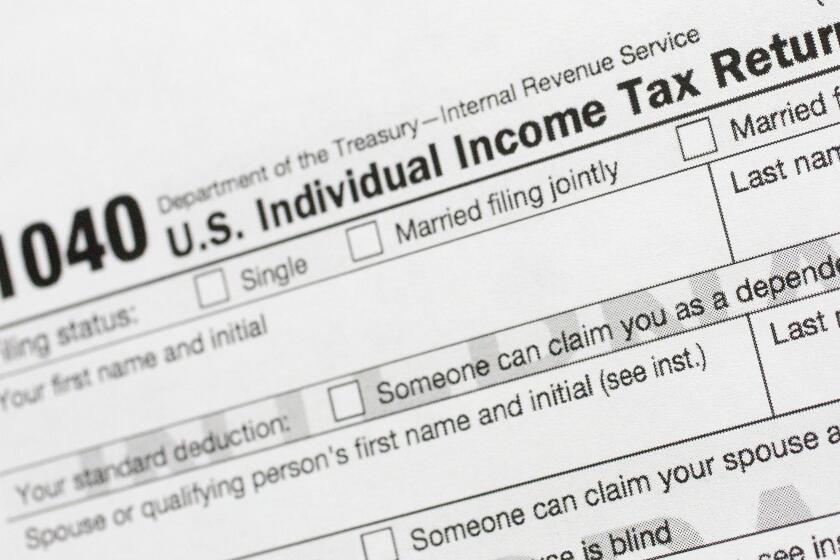Supreme Court ruling to aid poor, uninsured -- and California’s budget
With the federal healthcare law upheld, California stands to receive as much as $15 billion a year to extend coverage to millions of the poor and uninsured starting in 2014, and efforts will now intensify to get ready for that influx of new patients.
“It’s a huge undertaking ahead of us,” said Peter Lee, executive director of the California Health Benefit Exchange, which plans to start enrollment in October 2013. “The biggest challenge is getting reliable information out to the uninsured.”
The state has nearly 7 million uninsured, or about 20% of the population, according to the California HealthCare Foundation.
Under the federal law, nearly 4 million Californians are expected to obtain new or improved coverage by 2019. About half would be covered through an expansion of Medi-Cal, the joint state-federal program for the poor and disabled.
Another 2 million are expected to purchase private policies with federal subsidies earmarked for families earning about $92,000 or less annually.
Zig Fayant, a 59-year-old gas station attendant in Los Angeles, welcomed the news of the Supreme Court ruling. He said purchasing health insurance would cost him most of his paycheck now, so he relies on a county-run medical clinic to help manage his diabetes.
“I really can’t afford to pay for insurance and my diabetes is very out of control,” Fayant said. “I won’t be able to see the doctor without some kind of help.”
Meena Duario, a 51-year-old accounting clerk in San Francisco who doesn’t receive health benefits at work, could be eligible for federal subsidies to help her purchase insurance. She incurred about $20,000 in medical bills last year after she suffered a mild stroke and she can only afford to pay $100 a month toward her debt.
“All working people should have insurance,” she said. “I want that law to protect people like myself.”
California has taken numerous steps to prepare for the federal overhaul. Soon after President Obama signed the healthcare law in 2010, California took the lead and became the first state to enact legislation for an insurance exchange, which is designed to negotiate the best rates with insurers and help millions of consumers shop for policies.
The California Health Benefit Exchange plans to start enrollment Oct. 1, 2013, for coverage that would take effect in January 2014. Strong participation in the exchange is crucial, experts say, so there’s a mix of healthy and sick policyholders to keep premiums affordable. Without a diverse pool of customers premiums would escalate, turning off new applicants.
State lawmakers also have passed other laws implementing aspects of the federal law, including provisions that guaranteed coverage for those under age 19, allowed young adults to remain on their parents’ policies until age 26 and mandated maternity coverage starting July 1.
For primary-care physicians in California, the federal law is expected to boost annual reimbursements by an estimated $700 million in exchange for treating the influx of new Medi-Cal patients.
Hospitals would bear the brunt of major cuts under the federal overhaul. California’s 430 hospitals face about $17 billion in federal funding reductions over 10 years.
White Memorial Medical Center in East Los Angeles, where about half of its patients are on Medi-Cal, said it expects to lose about $20 million in 2014 under the federal cuts and stands to gain very little from the 5% of its patients who are uninsured gaining coverage.
“We of course appreciate that the 5% will be covered, but it pales in comparison to the money that we are losing,” said Beth Zachary, chief executive of White Memorial. “We are all trying to make this work.”
RELATED:
California to lose big if healthcare law is struck down
Insurers to honor some provisions, regardless of ruling
Health insurers owe rebates to many California policyholders
More to Read
Inside the business of entertainment
The Wide Shot brings you news, analysis and insights on everything from streaming wars to production — and what it all means for the future.
You may occasionally receive promotional content from the Los Angeles Times.











